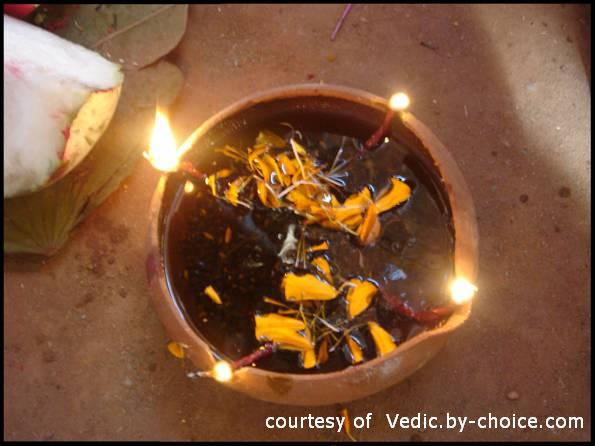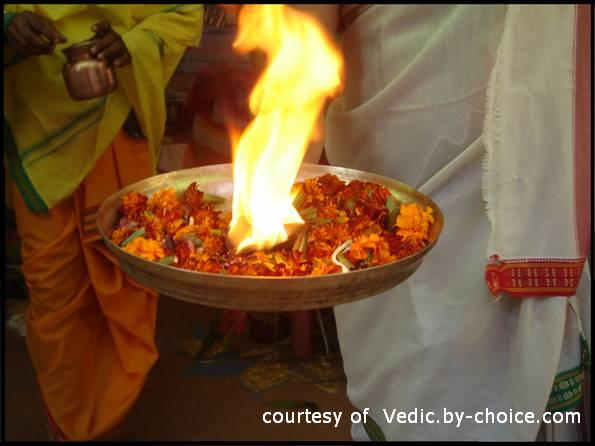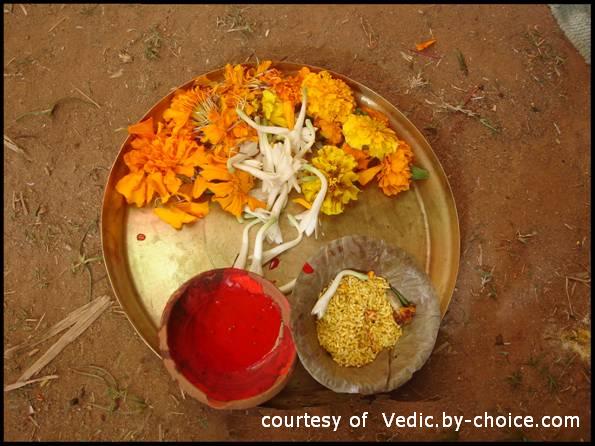Chapter 3: verse 28-29
तत्त्ववित्तु महाबाहो गुणकर्मविभागयोः।
गुणा गुणेषु वर्तन्त इति मत्वा न सज्जते॥२८॥
But, O mighty-armed, he who knows the real nature of the constituent qualities (gunas) and their functions, understands that qualities move amidst qualities. Therefore, he does not get attached to (fruits of) action.
The sense-organs and sense-objects act and react in accordance with one’s constituent qualities. These are just instruments, having no independent identity.
Lesson: The wise remain unattached to actions, as these are accomplished as per one's own constituent qualities.
परन्तु हे महाबाहो! गुण विभाग और कर्म विभाग (त्रिगुणात्मक माया के कार्यरूप पांच महाभूत और मन, बुध्दि, अहंकार तथा पांच ज्ञानेन्द्रियां, पांच कर्मेन्द्रियां और शब्दादि पांच विषय- इन सबके समुदाय का नाम 'गुण विभाग है और इनकी परस्पर की चेष्टाओं का नाम 'कर्मविभाग है।) के तत्व (उपर्युक्त 'गुण विभाग और 'कर्म विभाग से आत्मा को पृथक अर्थात् निर्लेप जानना ही इनका तत्व जानना है।) को जानने वाला ज्ञान योगी सम्पूर्ण गुण ही गुणों में बरत रहे हैं, ऐसा समझकर उनमें आसक्त नहीं होता। ॥२८॥
विषय: सर्वज्ञानी व्यक्ति के कर्त्तव्य
Subject: Duties of a Man-of-Perfect-Knowledge
प्रकृतेर्गुणसंमूढाः सज्जन्ते गुणकर्मसु।
तानकृत्स्नविदो मन्दान्कृत्स्नविन्न विचालयेत्॥२९॥
The unwise who are deluded by action and the constituent qualities become attached to these qualities (as they do not fully understand the secret (nature) of the constituent qualities and their functions. The wise-man-of-perfect-knowledge should not divert the mind of such ignorant from action whose knowledge is imperfect.
Though they are attached to action, at least they are discharging their duties. If their mind is diverted, they would become idle/indolent or without action.
Lesson: Man of perfect knowledge does not interfere in the lives of those engaged in discharging their duties, whether fruitful or non-fruitful.
प्रकृति के गुणों से अत्यन्त मोहित हुए मनुष्य गुणों में और कर्मों में आसक्त रहते हैं, उन पूर्णतया न समझने वाले मन्दबुध्दि अज्ञानियों को पूर्णतया जानने वाला ज्ञानी विचलित न करे। ॥२९॥









